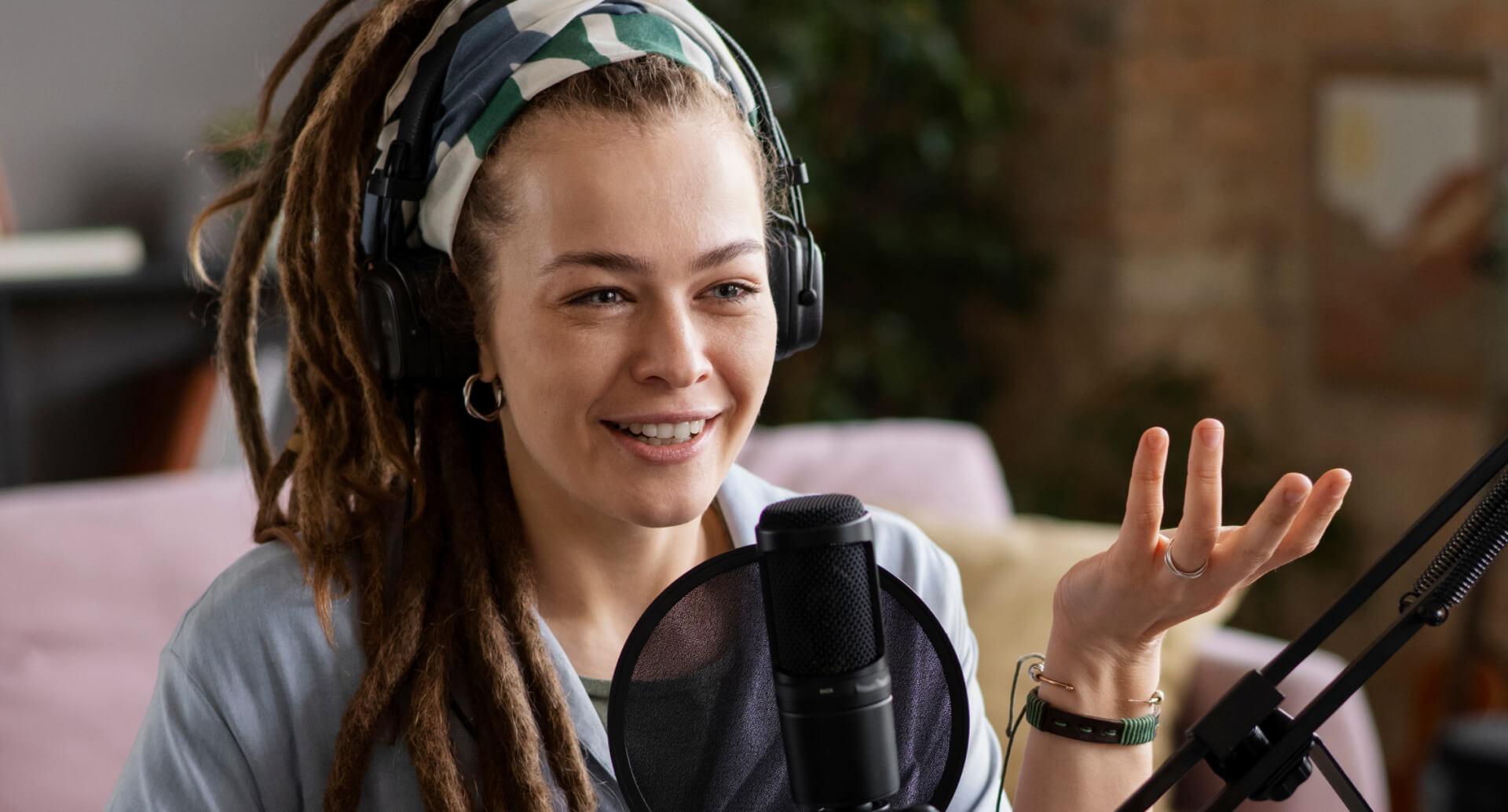How to Use BBC Learning English to Improve Listening and Speaking Skills?
BBC Learning English is an excellent resource for enhancing both listening and speaking skills in English. It provides a wide range of materials, such as podcasts, videos, articles, and interactive exercises, to cater to learners of different levels. The platform focuses on various aspects of language learning, including vocabulary building, pronunciation practice, and real-world conversation skills. By using BBC Learning English regularly, learners can improve their comprehension, pronunciation, and fluency in everyday communication. This article will explore how to effectively utilize BBC Learning English to boost listening and speaking skills, offering practical tips and valuable insights for learners.
1. Explore Different Listening Resources
Listening is a crucial skill when learning any language. To effectively improve your listening skills, it’s important to expose yourself to different types of content. BBC Learning English offers various resources, such as news reports, discussions, interviews, and stories, which provide diverse listening experiences. By listening to these materials, you can become accustomed to different accents, speech speeds, and contexts, all of which are essential for developing strong listening skills.
To start, focus on listening to content that matches your current proficiency level. For beginners, slower-paced podcasts and transcripts are helpful, while intermediate and advanced learners can challenge themselves with faster-paced news broadcasts or discussions on complex topics. The key is to gradually increase the difficulty level as your skills improve.
2. Utilize Transcripts and Subtitles
One of the most beneficial features of BBC Learning English is the availability of transcripts and subtitles for most listening content. These resources allow you to follow along with the audio and match the spoken words to the written text. This practice helps in two significant ways: first, it allows you to catch words and phrases you might miss during the first listen, and second, it provides a visual aid to reinforce the pronunciation and spelling of new vocabulary.
When listening to a podcast or watching a video, make it a habit to read the transcript before and after listening to the content. This will help you understand the key points of the audio, and reviewing the transcript afterward ensures you grasp the full meaning of the content.
3. Practice Pronunciation with Repetition
Improving pronunciation is another important aspect of language learning. BBC Learning English provides specific content designed to help learners refine their pronunciation, including pronunciation guides, tongue twisters, and interactive exercises. One effective method for improving pronunciation is the technique of repetition. When you listen to a clip, pause after each sentence and repeat what you’ve heard. Try to mimic the speaker’s intonation, rhythm, and pronunciation as closely as possible. This practice will help you develop a more natural-sounding accent and boost your speaking confidence.
If possible, record yourself while repeating the phrases. Playback your recordings to compare your pronunciation with the original. This will give you a clear idea of where you need to improve and help you focus on areas that require more practice.
4. Engage in Active Listening
Active listening goes beyond simply hearing the words. It involves paying close attention to the speaker’s tone, emotion, and the overall message being conveyed. When using BBC Learning English materials, actively listen for not only the vocabulary and grammar but also the context, purpose, and subtleties of the conversation. For example, if you’re listening to a news report, try to understand the speaker’s perspective, or if you’re listening to a conversation, pay attention to how the speakers express opinions and emotions.
To practice active listening, take notes while you listen. Focus on jotting down key points, phrases, and expressions that are commonly used in everyday conversations. Later, review your notes and try to incorporate these phrases into your own speaking practice.
5. Participate in Speaking Practice Activities
Improving speaking skills requires consistent practice. BBC Learning English offers a variety of speaking practice exercises, including role-play activities, dialogue simulations, and interactive language games. These exercises are designed to provide learners with opportunities to practice real-world conversations in a controlled environment.
To maximize the effectiveness of speaking activities, find a speaking partner, either through the platform or with a language exchange partner. Engage in conversations and try to use new vocabulary and expressions that you’ve learned from listening exercises. The more you practice speaking, the more confident and fluent you’ll become.
6. Focus on Real-Life Conversations
One of the best ways to develop both listening and speaking skills is to immerse yourself in real-life conversations. BBC Learning English often features authentic materials such as interviews, talk shows, and discussions on a wide range of topics. These materials expose learners to real-life language used by native speakers, which is invaluable for improving both listening comprehension and speaking fluency.
When listening to these real-world conversations, focus on how speakers use language to express their opinions, make arguments, or share experiences. Pay attention to the phrases, idioms, and colloquial expressions they use, and try to incorporate them into your own speech. This will make your conversations more authentic and help you sound more natural in daily interactions.
7. Set Achievable Learning Goals
To ensure steady progress, it’s important to set clear and achievable goals. Whether it’s listening to one podcast a day, learning ten new vocabulary words each week, or improving your pronunciation with a specific exercise, setting goals helps keep you motivated and focused. Track your progress regularly and adjust your goals as needed. Over time, you’ll notice significant improvements in your listening and speaking abilities.
Conclusion
BBC Learning English is a powerful tool for anyone looking to improve their listening and speaking skills in English. By engaging with the various resources available on the platform, such as listening exercises, transcripts, pronunciation guides, and speaking activities, learners can develop their language skills in a structured and effective way. Remember to be consistent, practice regularly, and immerse yourself in real-life conversations to get the most out of the platform. With dedication and the right approach, you’ll see noticeable improvements in both your listening comprehension and speaking fluency, making you a more confident and competent English speaker.












